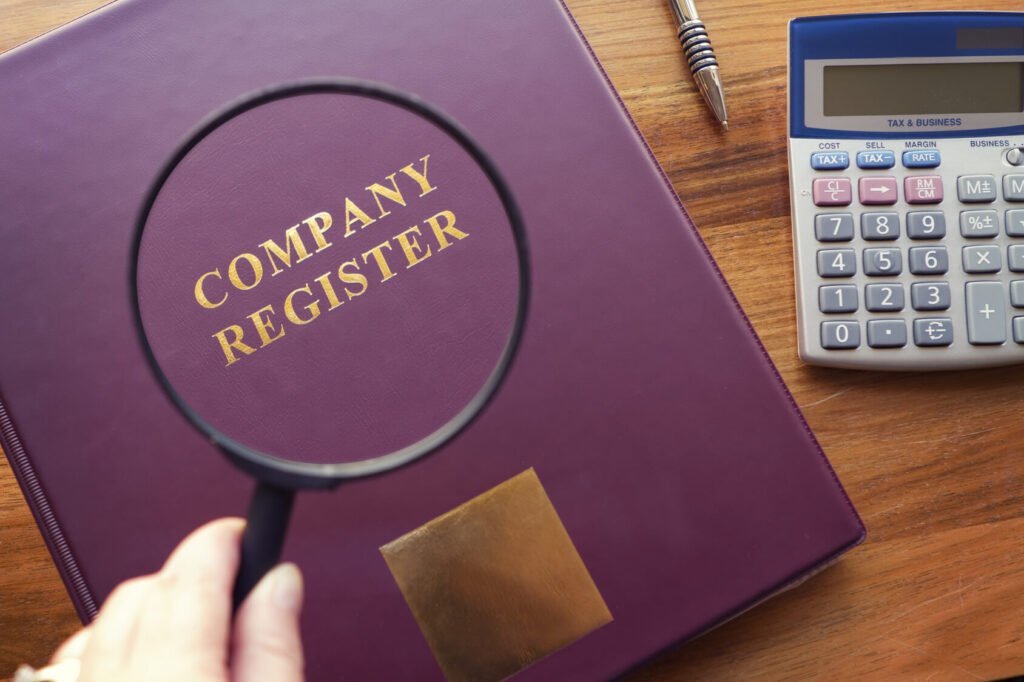Starting a business is an exciting journey, but it also requires legal formalities to ensure smooth operations. One of the essential steps in setting up a business is firm registration. Whether you’re starting a sole proprietorship, partnership, or private limited company, proper registration gives your business a legal identity and protects your interests. This guide will help you understand the necessary documents required for firm registration and their importance.
Why is Firm Registration Important?
Before diving into the list of documents, let’s understand why firm registration is crucial:
- Legal Recognition: Registered firms enjoy legal recognition, allowing them to operate without legal complications.
- Financial Security: A registered firm can open a business bank account, apply for loans, and enter into contracts.
- Brand Trust: Customers and clients are more likely to trust a legally registered firm.
- Compliance with Laws: Registration ensures that the business complies with tax regulations and other government norms.
Types of Business Structures and Their Registration Requirements
Different types of businesses require different sets of documents. Here’s an overview of the most common business structures and their registration requirements:
1. Sole Proprietorship Firm Registration
A sole proprietorship is the simplest business structure owned and managed by a single person. It does not require formal registration but needs specific documents for compliance:
- The PAN Card of the Proprietor
- The Aadhaar Card of the Proprietor
- Registered Office Address Proof (Electricity bill, rent agreement, or NOC from the landlord)
- GST Registration Certificate (If applicable)
- Shop and Establishment Act License (Depending on the state regulations)
2. Partnership Firm Registration
A partnership firm is owned and operated by two or more individuals under a legal agreement. Required documents include:
- PAN Cards of All Partners
- Aadhaar Cards of All Partners
- Partnership Deed (A legal agreement stating profit-sharing, liabilities, and responsibilities)
- Registered Office Address Proof (Electricity bill, rental agreement, or ownership proof)
- GST Registration Certificate (If applicable)
- Bank Account Proof (Firm’s name registered with a bank)
3. Private Limited Company Registration
A private limited company is a legally separate entity with limited liability. The registration process is done through the Ministry of Corporate Affairs (MCA). Required documents include:
- PAN Card of Directors
- Aadhaar Card or Passport of Directors
- Registered Office Address Proof (Electricity bill, rent agreement, or ownership document)
- Memorandum of Association (MoA) and Articles of Association (AoA) (Documents defining company objectives and internal regulations)
- Digital Signature Certificate (DSC) (Required for online document filing with MCA)
- Director Identification Number (DIN) (Unique ID for directors issued by MCA)
- GST Registration Certificate (If applicable)

4. Limited Liability Partnership (LLP) Registration
An LLP is a hybrid business structure combining features of a partnership and a private limited company. Required documents include:
- PAN Cards of Partners
- Aadhaar Cards or Passports of Partners
- LLP Agreement (Document defining the rights and responsibilities of partners)
- Registered Office Address Proof
- Digital Signature Certificate (DSC) and Director Identification Number (DIN)
- GST Registration Certificate (If applicable)
5. One-Person Company (OPC) Registration
An OPC is suitable for individuals who want to operate as a company without a partner. Required documents include:
- PAN Card of the Sole Director
- The Aadhaar Card or Passport of the Sole Director
- Registered Office Address Proof
- MoA and AoA
- Digital Signature Certificate (DSC) and Director Identification Number (DIN)
- GST Registration Certificate (If applicable)
Additional Documents That May Be Required
Depending on the nature of the business and location, additional documents may be needed, such as:
- Import Export Code (IEC) (If the business deals with international trade)
- Trade License (For businesses requiring local municipal approval)
- FSSAI License (For food-related businesses)
- Professional Tax Registration (Depending on state laws)
Steps to Register a Firm
- Choose the Business Structure: Select the right structure based on ownership, liability, and taxation.
- Prepare the Required Documents: Gather the necessary documents mentioned above.
- Apply for Name Approval: For private limited companies and LLPs, apply for name approval through MCA.
- File Registration Application: Apply along with the required documents to the relevant authority (MCA, Registrar of Firms, or local government bodies).
- Obtain Certificates: After verification, receive the incorporation certificate, PAN, and other relevant registrations.
- Open a Business Bank Account: Use the registration certificate to open a dedicated business account.
Conclusion
Registering a firm is a crucial step in establishing a successful business. Having the right documents in place ensures legal compliance, smooth financial transactions, and a trustworthy brand image. Whether you are starting as a sole proprietor or forming a private limited company, understanding the required documents and the registration process will help you launch your business with confidence. If you’re unsure, consulting a professional can make the process easier and more efficient.






Leave a Reply